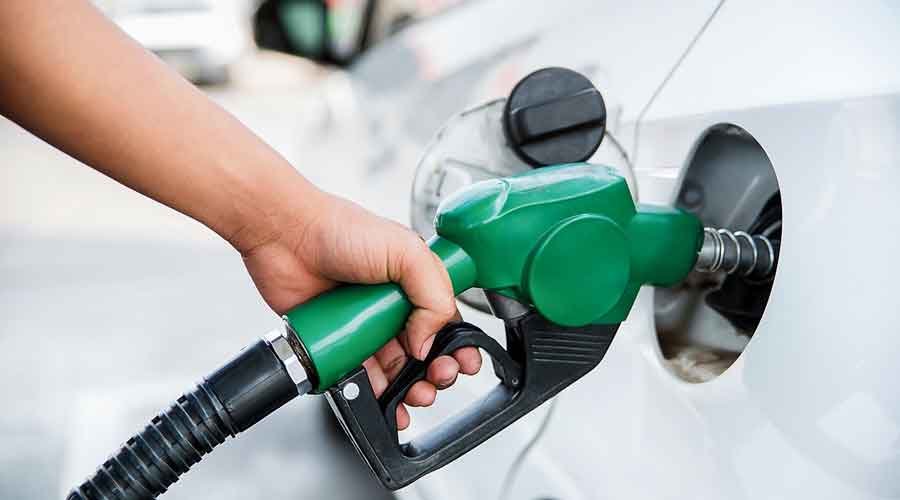The government has approved a proposal to bring forward the target of blending 20 per cent ethanol in petrol by five years to 2025-26. At present, about 10 per cent of ethanol is blended in petrol.
As part of the amendments to the National Policy on Bio-fuels, the cabinet also allowed more feed-stocks for the production of bio-fuels under the Make in India programme by units located in Special Economic Zones (SEZ)/ Export Oriented Units (EoUs).
The amendment also allows granting of permission for export of biofuels in specific cases. These decisions will help India, which depends on imports to meet 85 per cent of its oil needs, to cut its reliance on overseas shipments.
The measures are likely to help save Rs 30,000 crore of foreign exchange per year.
“Immense benefits can accrue by 20 per cent ethanol blending by 2025, such as saving Rs 30,000 crore of foreign exchange per year, energy security, lower carbon emissions, better air quality, self-reliance, use of damaged foodgrains,” a NITI Aayog report said.
To increase the quantum of blending, the pan-India ethanol production capacity has to increase from the current 700 to 1500 crore litres.
Most of the ethanol-manufacturing units are concentrated in four to five states where sugar production is high.
The CCEA in December approved a Rs 8,460 crore modified scheme for extending interest subvention for those setting up standalone ethanol distilleries. The focus is for increasing India’s ethanol production capacity, with the scheme extended to those setting up distilleries using grain, molasses, dual feed, sugar beet, sweet sorghum, and cereals as a feedstock.
The amendments will also attract and foster developments of indigenous technologies which will pave the way for the Make in India drive and thereby generate more employment. The existing National Policy on Biofuels came up in 2018.
“This amendment proposal will pave the way for the Make in India drive thereby leading to a reduction in import of petroleum products by the generation of more and more biofuels.
“Since many more feedstocks are being allowed for the production of biofuels, this will promote the Atmanirbhar Bharat and give an impetus to Prime Minister's vision of India becoming 'energy independent' by 2047," the statement added.











